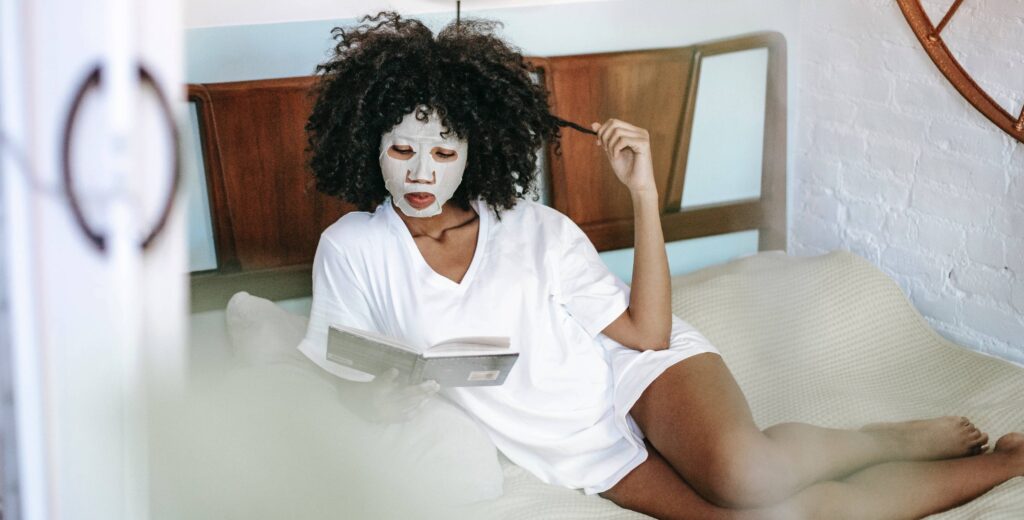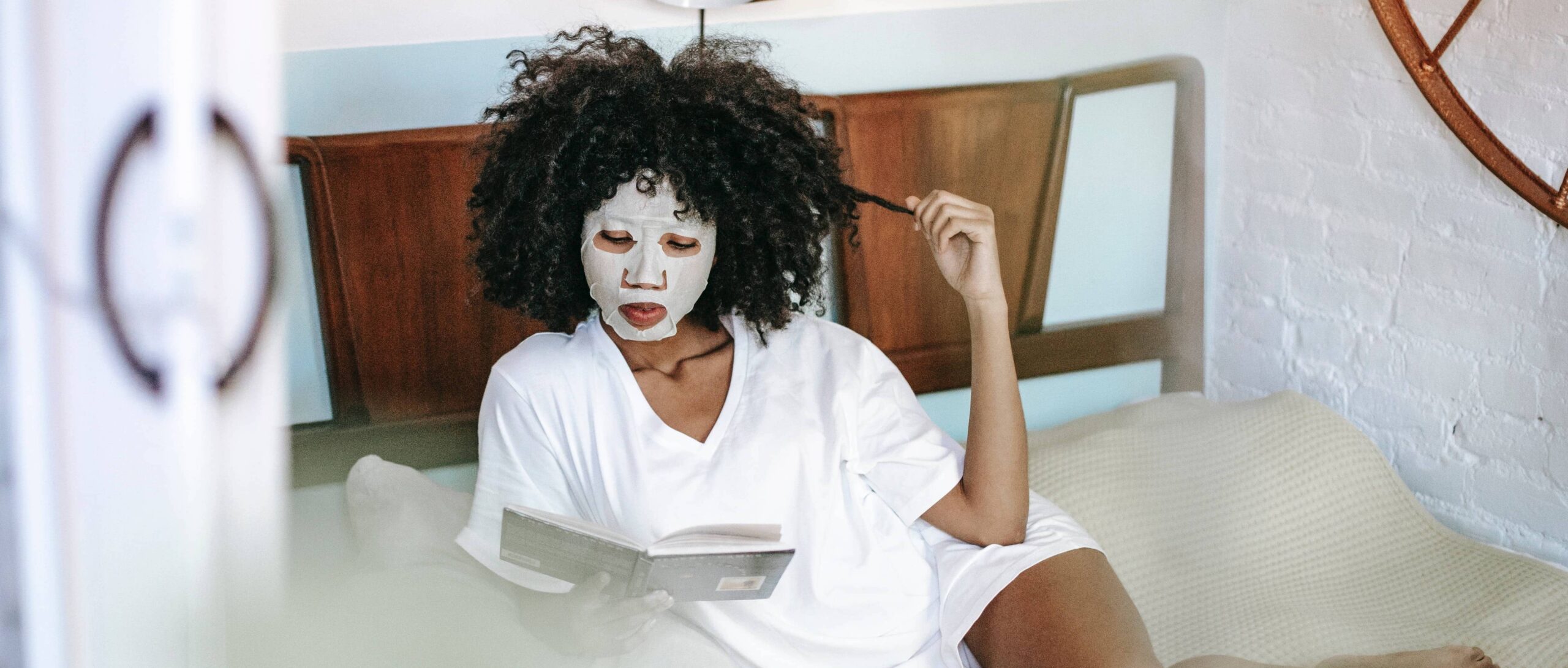
“Caring for myself is not self-indulgence, it is self-preservation, and that is an act of political warfare.” -Audre Lorde
Self-care has become a buzzword that has risen immensely in popularity within the U.S., and rightfully so. Our society places a strong importance on productivity and efficiency, and with this in mind, it only makes sense that people would seek to intentionally prioritize their health and well-being. The conversation surrounding the desire to experience life outside of the stress, anxiety, and exhaustion that has become normalized as an integral part of the culture, is often accompanied by the term “self-care”. At the essence of self-care, it is about caring for your holistic self on an individualized level. However, popular culture has diluted the essence with superficial, elitist notions of how self-care is to be experienced, which has led to the correlation of self-care with the qualifiers of white, female, and wealthy.
Many practices that are commonly associated with self-care today, including yoga and meditation, originated in cultures where colonizing countries attempted to violently strip them of their practices in efforts to take over and subordinate the inhabitants, then commercializing the practices as luxuries. Decolonizing self-care includes returning to the essence of self-care and making it accessible and diversely represented for marginalized communities. Decolonizing self-care separates self-care practices from the act of colonization that is perpetuated through the exclusion of marginalized communities from the standard picture of self-care. This standard picture turns self-care into a symbol of status and class rather than a varied practice that can take many different forms and can be practiced by anyone in an effort to care for oneself.
Mental health clinician Dr. Shainna Ali defines self-care as a holistic process that we all need in order to foster presence, engagement, wellness, and self-love. Self-care is not a singular skill. Instead, self-care includes a wide variety of tasks tailored to meet your diverse needs.Those of marginalized communities are not represented in the popularized version of self-care, and therefore are excluded. This exclusion implies that anyone outside of the categorization of white affluence is not able to experience self-care. The path to decolonizing self-care is about more than creating intentional spaces for marginalized communities, but also acknowledging the deep-rooted elements of colonialism that self-care practices often perpetuate. Two organizations at the forefront of creating spaces that intentionally counter these white, colonial representations are The Nap Ministry and Shine. The Nap Ministry advocates for rest as a form of resistance against burnout culture and as a radical tool for healing within the black community. Based in Atlanta, The Nap Ministry works to raise awareness of the racial sleep gap and create safe spaces for the community to rest together.
Shine is a mental wellness mobile app platform that was created by two women, Marah Lidey who identifies as Black, and Naomi Hirabayashi who identifies as half-Japanese. These women state their reason for creating the platform as stemming from their own experiences feeling as though they were not represented in mainstream wellness. “Our bodies, our skin color, our financial access, our past traumas – it all often felt otherized”. The platform purposefully includes people of various ethnicities and identities throughout the guided meditations as a means of cultivating space for diverse, marginalized groups to be included in the picture of what self-care looks like.
Chief Impact Officer of Chopra Global, Devi Brown, talks about the specifically different journeys that black women have to take within wellness on episode 5 of her podcast, Dropping Gems: As black women in wellness and as black women on spiritual journeys, our work is always going to be different. It’s not going to line up with the very “on trend”, surface positivity that is in the world right now and that is on Instagram right now. It sucks, but we just have more work to do. We have more trauma. We have to be… not in a pitiful kind of way… we just have to be cognizant of it. We have to just be very intentional about our healing in a way that maybe not everyone has to be. We just have to be more deliberate with what our plan of action is going to be. We might initially get lured in with the great positive quote, doing yoga, meditation, or doing some type of spiritual exercise, and then it’s like, okay, but now you have got to go a little bit deeper because we don’t just have ourselves to heal, we have our ancestors’ energy to heal, we have our future generations to heal.
While certain groups of people may share legacies of trauma that generally impact the ways in which they practice self-care, self-care is still an extremely individual journey that everyone has the ability to experience, regardless of what popular cultures seeks to promote. The process of decolonizing self-care is not at all a simple nor a linear process, but acknowledgement and a commitment to continued decolonization leads one step closer toward doing so. When the most marginalized are not simply represented as an afterthought but are placed at the forefront, all groups are therefore included.
